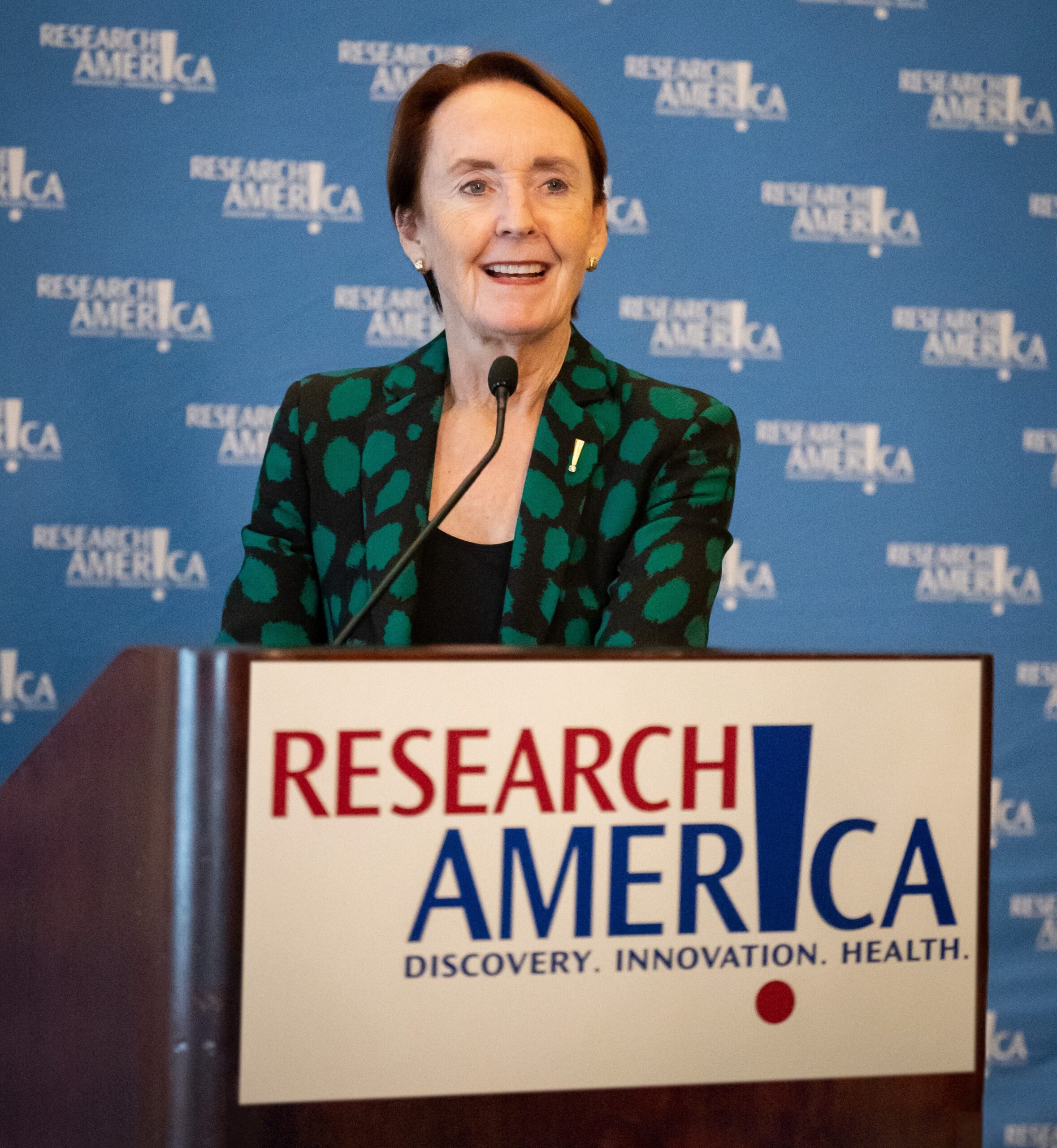Clock is Ticking

Congressional appropriators unveiled a 1,500+ page Continuing Resolution (CR) bill on Tuesday night, aiming to fund the government through March 14. The bill faced immediate opposition from both internal and external critics, prompting Speaker Mike Johnson (R-LA) to search for alternative approaches.
The just-released “American Relief Act of 2024” package includes a three-month extension of federal funding (a further CR) and a two-year suspension of the debt ceiling omitting key provisions including the reauthorization of the Pandemic and All-Hazards Preparedness Act (PAHPA) and the Rare Pediatric Disease Priority Review Voucher (PRV) program that were in the first iteration of the CR. With the government set to shut down at midnight Friday, the revised CR faces an uncertain path. It is not clear if the bill has the votes to pass the House, and the Senate must also act on it. Without reauthorization in this legislation, PAHPA and PRV will require separate action to prevent expiration.
We are tracking this in real time as we go to press. It’s down to the wire. As you consider implications of stalemate resulting in a shutdown, take a look at our resource to understand how CRs and government shutdowns impact federal agencies, research, researchers, and patients.
Holiday Spending: Americans are projected to spend more than $972 billion on shopping this holiday season. To put that in perspective, that is enough to fund the NIH for two decades at FY 24 levels. I am not suggesting we do away with holiday shopping, but the truth is that, in this wealthy nation, we can buy gifts and invest in our future health at the same time. Let’s make the case for investing in medical and health research and our collective future. Making the case was my intent in my recently published letter to the editor of The New York Times.
Expressing Public Sentiment: An oft-used quote at Research!America is this gem by President Abraham Lincoln: “…public sentiment is everything. With public sentiment, nothing can fail; without it nothing can succeed.” Data from a survey we commissioned in January 2024 has offered insights and been put to use throughout the year, as recently as the NYT letter mentioned above. It is important to guide our advocacy with a finger on the pulse of public sentiment. (Look for new survey data early in the New Year!)
Women’s Health Research: The NIH, in support of the White House Initiative on Women’s Health Research, has launched a new web portal that covers the span of federally funded women’s health research. The Discover Women’s Health Research site is part of an ongoing effort to close the research gaps on women’s health, which has been historically understudied. The White House shared progress made on the initiative at a recent conference featuring university researchers, start-up company founders, and leading advocates, including Nancy Brown, Research!America Board Treasurer and CEO of the American Heart Association. You can catch the conference here.
AI Research: The Bipartisan Artificial Intelligence Task Force released its report this week, fulfilling its charge to develop a U.S. vision for AI adoption, innovation, and governance. Among its recommendations, the report highlights the critical role of fundamental research in the development of technologies such as AI: “fundamental science research in universities drives discoveries that can lead to new or improved technologies while teaching and training the next generation of researchers.” The report also urges Congress to “continue to support the National Science Foundation, Department of Energy, National Institutes of Health, and other science agencies that make grants to universities for AI R&D, including AI-enabled science in the STEM field.” These findings and recommendations echo the work of the Science and Technology Action Committee.
National Academies Report on Disinformation: Earlier today, the National Academies of Science, Engineering, and Medicine released an in-depth report, “Understanding and Addressing Misinformation About Science. Among the many forward-looking recommendations that caught our attention, the report notes that scientists can play a critical role in communicating accurate information and that universities should provide these scientists with “training and support to take on such public communication roles.” Research!America has long championed such training (see the report from our Public Engagement Working Group). For additional information about what you can do to address misinformation, check out the new resources from the Coalition for Trust in Health and Science.
Empowering Patients: Medical journalist Elizabeth Cohen — our 2025 Isadore Rosenfeld Award for Impact on Public Opinion recipient has dedicated her career to helping Americans become smarter, more empowered patients by sharing impactful, real-life stories. After nearly losing her life following the premature birth of her three-pound daughter, Elizabeth made it her mission to help others navigate the often-complicated and overwhelming medical system. Through her reporting, she has helped Americans make sense of health issues as well as research findings. Please join us 11 AM ET on Tuesday, Jan. 7, for a fireside chat with Elizabeth. She will be joined by moderator Eric Strauss, Executive Producer for Health and Medical Reporting at ABC News, to discuss her passion for empowering individuals to advocate for themselves during life’s most challenging medical moments. Register here.
Last Call for Your Year End Gift: Research!America remains a staunch advocate for funding and policies that leverage research and development for the health, security, and prosperity of the American people. We need your help to keep our advocacy at top form going forward. Please consider making a gift to Research!America by year’s end. Contact Katie Goode for more about our work, and thank you for your partnership.
Happy Holidays: My Research!America colleagues and I wish our supporters and all research advocates a safe and happy holiday season. We will be taking a break from the Weekly Letter next week to be with friends and family. We will be back on Jan. 2.




